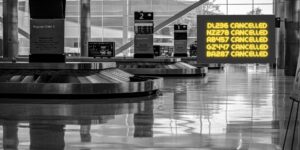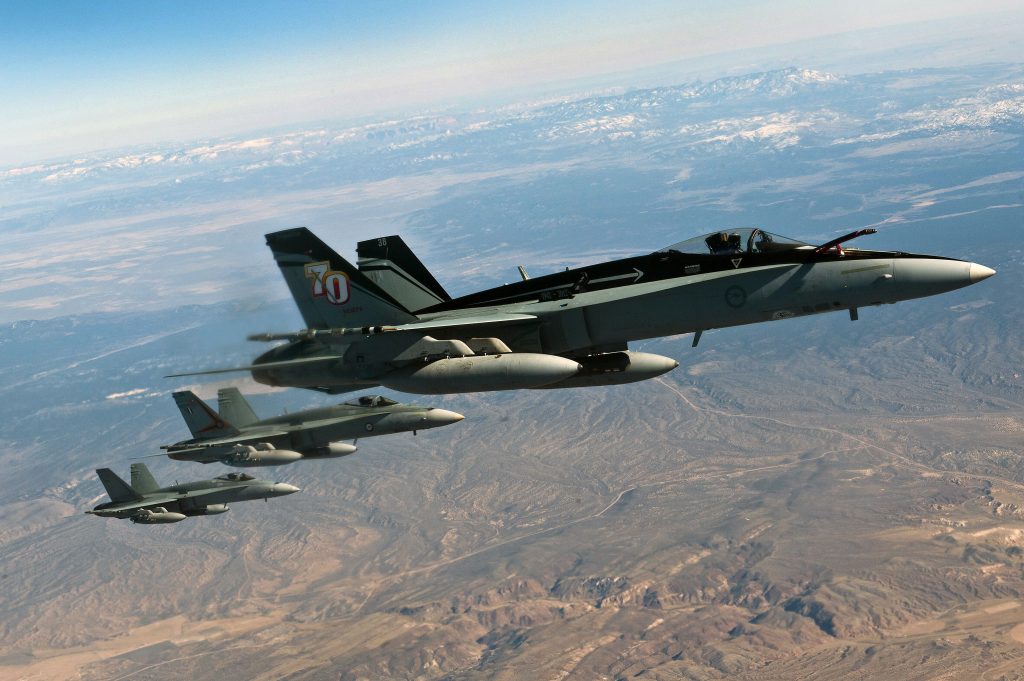
If you cannot find the answer to your question, please get in touch. We are always happy to help.


You’ve hit that mark in your ADF career, you know, the one when they “promote” pilots to a desk job.
Whether you’re a Fast Jet, Herc or PC9 pilot, most of you pretty much want to continue to fly, not always possible in the second half of your ADF career.
So 12-14 years in, many seek to transition into a commercial flying role.
I have had the pleasure of working with a great many of you, resulting in jobs with Air New Zealand, Qantas, Emirates, ANA and Virgin to name a few. Through that I have discussed in detail your areas of concern about moving into the civilian world.
Some of those concerns:
All of those areas we address thoroughly when we prepare you for your Airline Assessment Day. Nothing there is a deal breaker. It is our role to provide the framework to ensure none of those areas disadvantage you as a candidate.
What I can say is, the calibre of ADF pilots is excellent.
Without exception, you learn easily and take direction well, you have well-developed communication skills and extremely high standards around training and hand flying. Most airlines appreciate and understand this, they do however, still require you to verbalise those things.
There is an old recruitment adage “we can see the ability is there, but if you don’t tell us, we cannot assess you”.
Keeping you informed on opportunities, new airline intel, tips and tools for your next airline interview
Here are a few things to consider when going into your preparation:
I could go on, but suffice to say, you make outstanding candidates and once you know what is required by the airline your ability to transition successfully will be excellent.
We are here to help and even if it’s just a chat, that’s ok.
Get in touch: Kirsty@pinstripesolutions.com
Kirsty Ferguson
Founder, International Aviation Coach and Author
Share on: